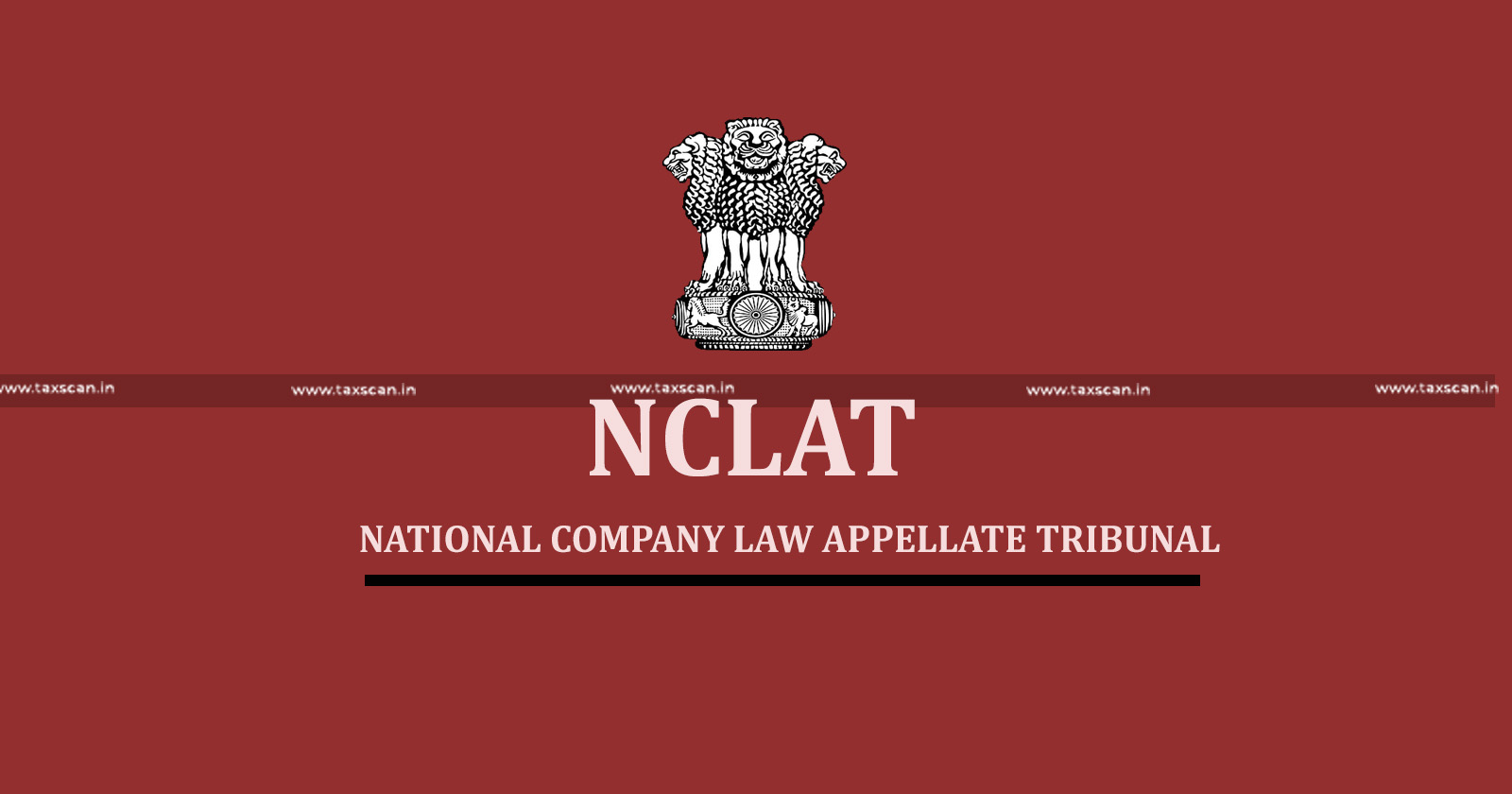CoC ‘s Commercial wisdom in rejecting resolution plans and opting for liquidation is “Non-Justiciable”: NCLAT [Read Order]
The Tribunal held that the CoC, in its commercial wisdom, had not accepted the resolution plan and had directed the liquidation of the Corporate Debtor

NCLAT – resolution plans – CoC resolution plan rejection – Committee of Creditors – taxscan
NCLAT – resolution plans – CoC resolution plan rejection – Committee of Creditors – taxscan
The National Company Law Appellate Tribunal ( NCLAT ) New Delhi has held that the commercial wisdom of the Committee of Creditors ( CoC ) in rejecting a resolution plan and opting for liquidation is “non-justiciable”.
According to Section 164(2) of the Companies Act, Fortune Chemicals Limited, the Appellant-Director, was disqualified, making him ineligible to apply for a resolution under Sections 29A(e) and 29A(j) of the Insolvency & Bankruptcy Code, 2016 ( IBC ). The Tribunal ruled that it was not possible to overrule the CoC's decision to reject the Appellant's Resolution Plan. On September 17, 2019, the Corporate Insolvency Resolution Process ( CIRP ) was started against the corporate debtor, Aarya Industrial Products Private Limited. On February 19, 2021, the appellant filed a resolution plan and a ₹25 lakh earnest money deposit.
Become a PF & ESIC expert with our comprehensive course - Enroll Now
The Appellant was notified by email on April 3, 2021, by the Resolution Professional (RP) that the resolution plan had not been authorized by the CoC because it did not comply with Section 29A of the Insolvency and Bankruptcy Code, 2016 (IBC). The Corporate Debtor was to be liquidated by the CoC. On May 10, 2021, the appellant requested a return of the earnest money that had been placed.
The appellant filed an application with the NCLT in Kolkata on October 1, 2021, asking for guidance on whether the Resolution Professional should accept the applicant's resolution plan. By order dated 13.09.2022, the NCLT denied the application, stating that the appellant lacked the right or locus to submit the application after receiving the EMD sum. After an excessive and unjustified six-month delay, the application was finally submitted.
The ruling in the K.N. Rajakumar v. Nagarajan & Ors case supports the idea that liquidation should only be used as a last resort and that every attempt should be made to bring the corporate debtor back to life. The Corporate Debtor will be liquidated or die as a result of NCLT's failure to recognize that the resolution plan was workable and compliant.
According to Section 29A of the IBC, the appellant is not permitted to propose a resolution plan. Section 164(2) of the Companies Act, 2013 disqualified the appellant's director, Mr. Avanish Kumar Singh, making the appellant ineligible under Sections 29A(e) and 29A(j) of the IBC.
Become a PF & ESIC expert with our comprehensive course - Enroll Now
In K. Sashidhar v. Indian Overseas Bank & Ors., the Supreme Court held that the commercial wisdom of the CoC in accepting or rejecting a resolution plan is 'non-justiciable,' and judicial intervention is very limited. The Tribunal found that the Corporate Debtor's CIRP contained only one resolution strategy. The plan does not meet Section 29A of the IBC's qualifying standards. Mr. Avanish Kumar Singh, a director of the appellant firm and the applicant for a prospective resolution, was also a director of a company that had not filed financial statements for three years in a row.
The Tribunal comprising Justice Rakesh Kumar Jain, Member ( Judicial ) and Ajai Das Mehrotra, Member ( Technical ) observed that such a director was barred from being reappointed as a director in any business for a period of five years under Section 164 of the Companies Act, 2013. Thus, in accordance with Clause (e) of Section 29A of the IBC, 2016, the appellant corporation was not qualified.
The Tribunal held that the CoC, in its commercial wisdom, had not accepted the resolution plan and had directed the liquidation of the Corporate Debtor.
To Read the full text of the Order CLICK HERE
Support our journalism by subscribing to Taxscan premium. Follow us on Telegram for quick updates


